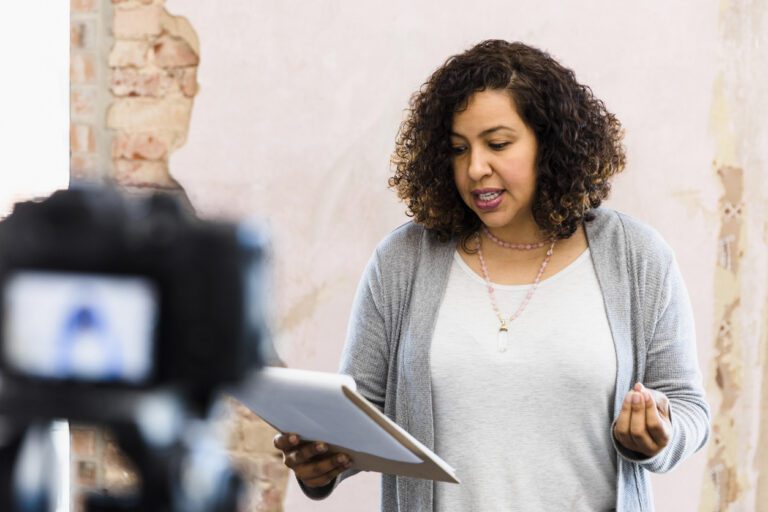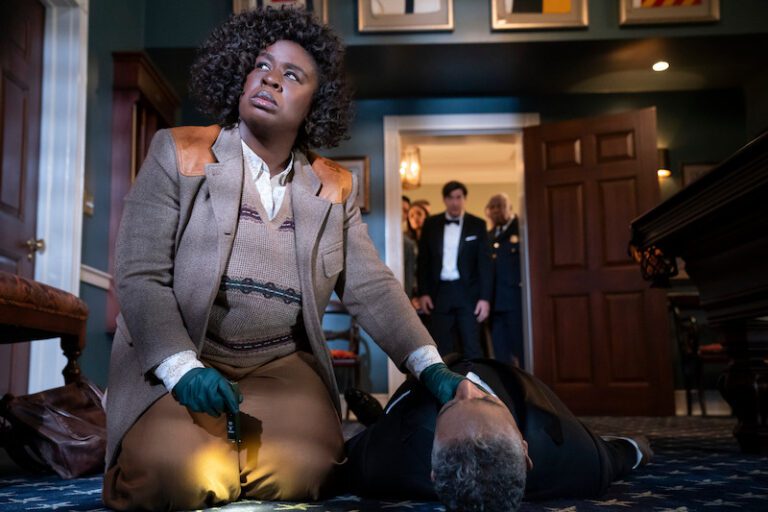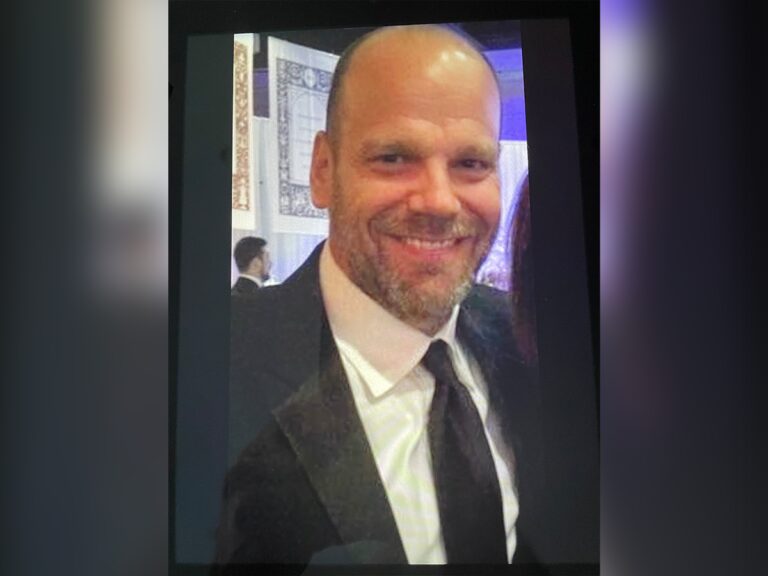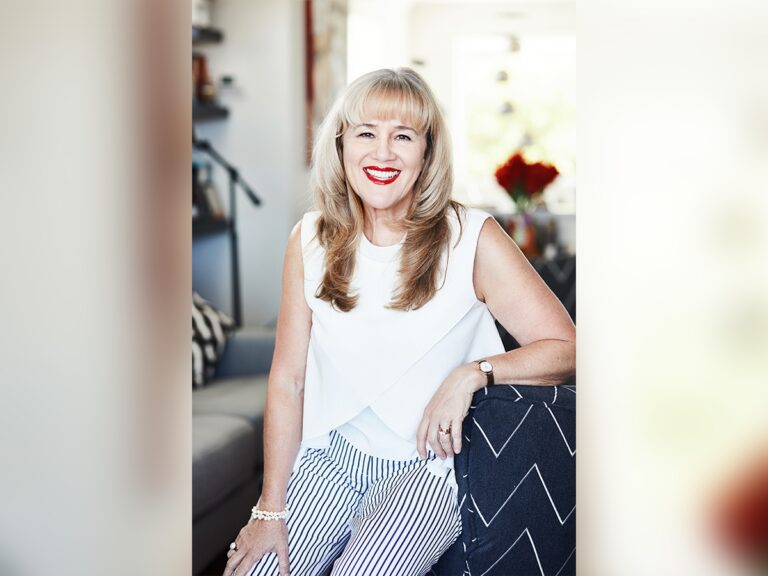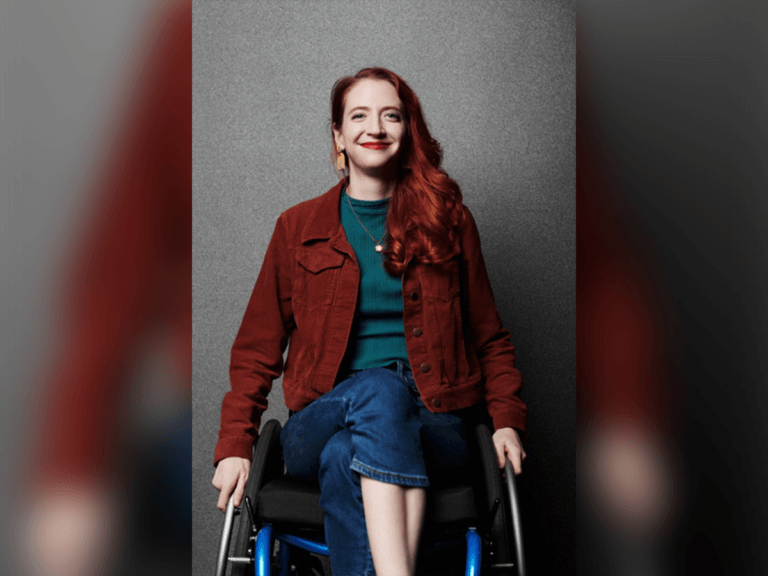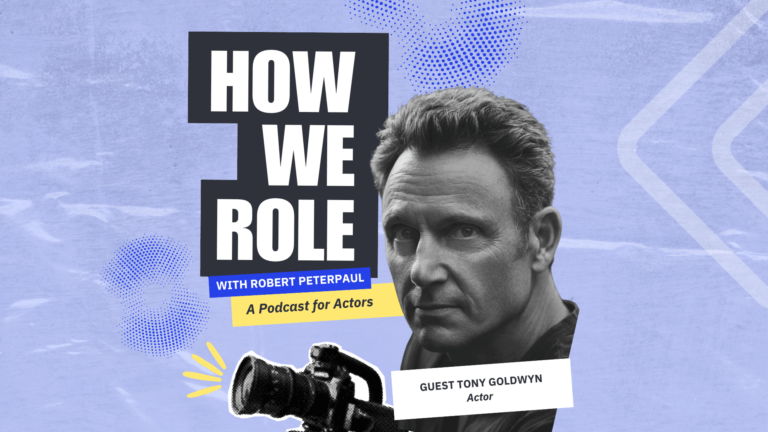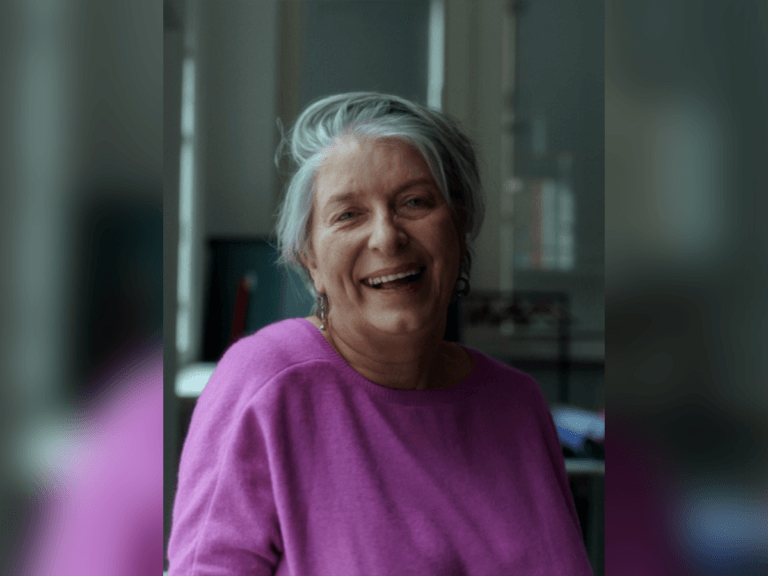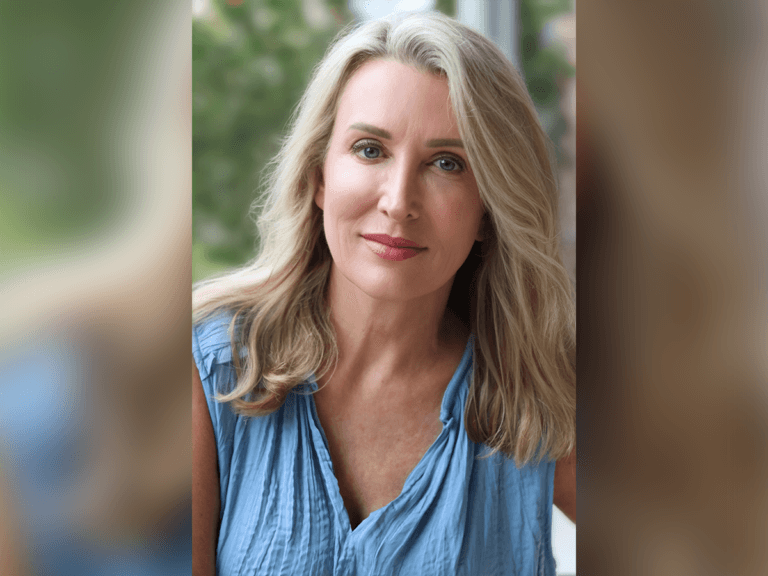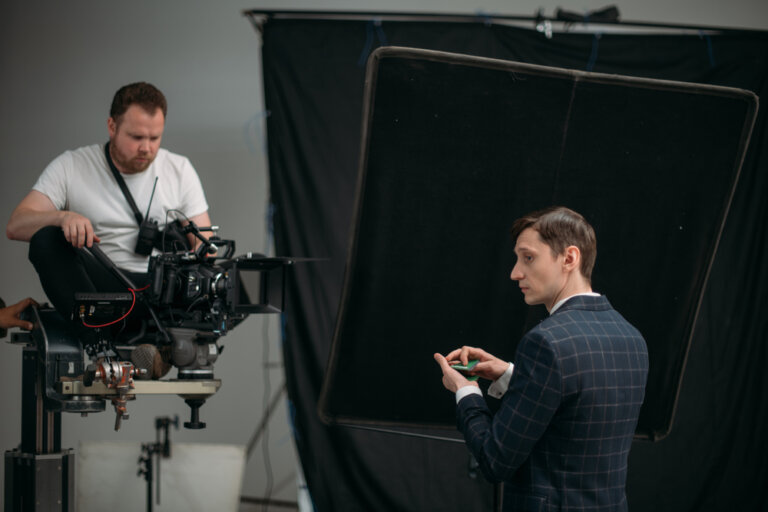Have you ever watched completely different shows and thought, “That actor always plays the same kind of character?” That’s an indication that the actor is being typecast. There are positives and negatives to typecasting. How can you can make typecasting work for you? Let’s explore!
Insights: Tips for Embracing Typecasting
- Capitalize on typecasting by aligning your branding with the roles you often play and seek out projects that fit your niche.
- Diversify your skills and showcase your range through self-produced content and varied acting classes.
- Network strategically and make small adjustments to your image to gradually expand the types of roles you are considered for.
Thinking about joining Casting Networks? Sign up for a free trial today!
What is Typecasting and Why Can it Feel Like a Double-Edged Sword?
Typecasting refers to the tendency of the entertainment industry to repeatedly assign actors to similar roles based on their appearance, voice, personality or past performances. Maybe you’re always cast as the “best friend,” the “tough guy,” or the “quirky neighbor.” You’ll start to see a pattern — and not always in a good way.
There’s a catch-22 that comes with consistently landing the same type of role. For one, you’re grateful that you have work. With each role, the character type becomes more familiar, allowing you to play each subsequent role better. On the flip side, it could be frustrating that you feel underestimated for your potential.
Example: Tom Cruise is usually cast as an intense, action-driven hero with a rebellious streak. When it was mentioned that he would be playing Lestat in Anne Rice’s film Interview with the Vampire, boy did Rice get upset. However, after seeing the finished product, Rice realized that she had to let go of the “action hero” typecast mindset.
That said, there’s a twist! Being typecast isn’t necessarily a negative.
Reframing the Narrative: Why Typecasting isn’t Always Bad
Typecasting can be a powerful career asset. One of the advantages is that it creates a sense of specialty. Casting directors love knowing exactly what they’re getting. You become a go-to option for those roles when you’re known for a specific “lane,” whether that’s the comedic sidekick or the brooding villain. That leads to more auditions and more bookings.
Here are some examples of actors who have taken typecasting to the next level:
- Michelle Rodriguez (Fast & Furious) is usually typecast as the tough, rebellious woman.
- Danny Trejo (From Dusk Till Dawn) is often cast as a hardened, intimidating figure, frequently appearing as a gangster or anti-hero.
- Helena Bonham Carter is known for playing eccentric, dark roles. Think Bellatrix Lestrange from the Harry Potter franchise.
- David Banks is a commercial actor who is the guy casting calls when they want someone who is very funny and can talk super fast.
By showing up and delivering repeatedly in their type, they built solid foundations that eventually allowed them to branch out or double down and become icons in their niche.
How to Embrace and Maximize Your Typecast Roles
Pay attention to how you’re perceived as a person. Even characters can be perceived. Take Janet Wood (played by Joyce DeWitt), one of the roommates from the 70s sitcom Three’s Company. Throughout the series, Janet was always the level-headed, reliable one. Her roommate, Chrissy Snow (Suzanne Somers) was known as “the ditzy one,” and their other roommate, Jack Tripper (John Ritter) was always crashing into doors and making a fool of himself.
Like the Three’s Company characters, actors can be easily boxed into one-dimensional roles based on how they first appear. Once you’ve embraced your type, it’s time to perfect your brand. The power is in how you market yourself. Ensure your headshots, demo reels and online presence align with the roles you most often book, or want to book. Consistency builds recognition, which builds trust. Then you’re ready to “work the circuit.” Target projects, casting directors and producers who frequently cast your type.
Using Typecasting as a Springboard to Break Out
There are several effective ways to build up your identity to show the world you have more potential than they’re used to seeing. One way to do this is by creating your own opportunities. Writing a short film, producing a web series, or something as simple as self-taping monologues will allow you to take control of your narrative. Your self-generated content becomes a calling card — proof that you’re more than just one type.
Training is another tool for breaking out. Many different classes will challenge you. Such classes include Shakespeare, improv, physical theater or dramatic technique. The more tools you add to your toolbox, the more confident you’ll play roles outside your typical type.
Let’s talk about strategic networking. Surround yourself with collaborators and fellow actors who see your full potential. Go after production people who are interested in taking creative risks. The hardest part may simply be pushing yourself to do the thing.
Finally, consider slowly pivoting your brand. You don’t have to do a complete overhaul. Subtle shifts in how you present yourself, such as changing your wardrobe or having a different set of headshots, will help the industry start to see you differently.
From Typecast Actor to In-Demand Performer
Typecasting doesn’t have to be an endless tunnel. You position yourself as an in-demand talent when you understand how the industry sees you. Instead of fighting the box you’ve been put in, you can use it as a launchpad to build trust and gain momentum. The key is not to give up. Playing the long game by taking control of your brand and not defining your limits is how you will evolve as an actor.
You may also like:
